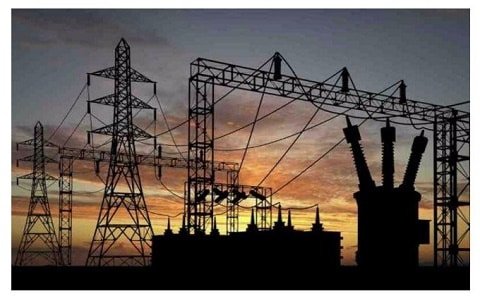Ghana is currently grappling with significant challenges in its energy sector, prompting the government to propose a series of reforms as part of its International Monetary Fund (IMF) programme.
The IMF has identified several issues plaguing the sector, including below-cost-recovery tariffs, substantial distribution losses, and excess capacity, which have led to significant financial burdens for the central government.
These challenges have resulted in annual transfers equivalent to two percent of GDP since 2019, along with mounting payables to independent power producers (IPPs) and fuel suppliers.
To tackle these pressing concerns, Ghanaian authorities, with the support of the World Bank, have developed an energy sector reform programme aimed at revitalising the entire sector.
The programme encompasses various aspects, such as renegotiating Purchasing Power Agreements (PPAs) to mitigate take-or-pay liabilities, tariff adjustments, improving the operational performance of energy state-owned enterprises (SOEs), subsidy reforms, reducing distribution losses, and enhancing collections.
However, the implementation of these measures is expected to be a challenging and time-consuming process.
In an attempt to bridge the financial gap, the Public Utilities Regulatory Commission (PURC) recently raised electricity tariffs by nearly 30 percent, with cumulative increases reaching 57 percent since mid-2022.
Further quarterly tariff adjustments are planned for 2023 to account for exchange rate and price fluctuations and bring tariffs closer to cost-recovery levels. Nonetheless, it remains uncertain whether these adjustments will be sufficient to alleviate the sector’s financial strain.
Recognizing the need to protect vulnerable households from the impact of tariff adjustments, the government intends to redefine lifeline tariffs to better target low-volume users and the poorest households.
Additionally, a mapping exercise will be conducted to assess the effectiveness of the existing cash transfer program in supporting economically disadvantaged households with electricity access.
The goal is to calibrate the program more effectively, although concerns persist regarding its ability to adequately address the needs of the most vulnerable.
Despite the proposed reforms, there are lingering concerns about the transparency and sustainability of Ghana’s energy sector. Previous budgets have faced criticism for relying on overly optimistic revenue projections and unrealistic spending cuts.
While the 2023 budget aims to address these issues by adopting more realistic assumptions, doubts remain regarding the government’s ability to fully implement the reforms and ensure transparency within the sector.
The success of the reform programme hinges on effective execution and collaboration among various stakeholders. However, given the complex nature of the challenges faced by Ghana’s energy sector, achieving significant progress may prove to be an uphill battle.
Moreover, the projected reduction in the sector’s financial shortfall appears modest, raising doubts about the government’s ability to create sufficient fiscal space for priority spending.
While Ghana’s efforts to reform the energy sector are commendable, the road ahead is riddled with uncertainties.
The true test lies in the implementation and effectiveness of these measures, as well as the government’s commitment to transparency and long-term sustainability.
Only time will reveal whether these proposed reforms can genuinely address the deep-rooted issues and pave the way for a more stable and resilient energy sector in Ghana.
Source: The Independent Ghana

